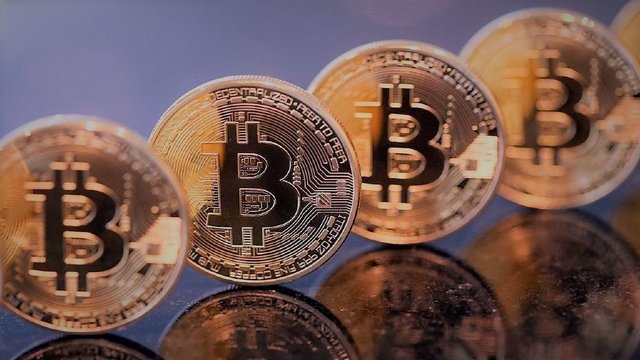
india's been thinking about the direction of digital forms of money for some time now, regularly demonstrating its repugnance for them—yet not prohibiting them. Nonetheless, a previous best back service official demands that bitcoin and its kind should not to be permitted by any stretch of the imagination.
Shaktikanta Das, a previous secretary of monetary undertakings who likewise headed the administration's first board set up in April 2017 to comprehend and suggest controls, thinks controlling them would be an intense assignment.
"Give us a chance to acknowledge that it would not be conceivable to manage it successfully. Since they will do exchanges from their homes. You can't enter each home to check what exchanges are going on. Along these lines, I think this is a genuine test, and this ought not be permitted by any stretch of the imagination," said Das, as of now an individual from the fifteenth fund commission that has been entrusted with evaluating the administration's monetary circumstance.
The administration's abhorrence for digital currencies can be followed back to 2013, when India's national bank, the Hold Bank of India (RBI), advised clients against potential security dangers. Be that as it may, numerous notices, both from the back service and the RBI, have neglected to hinder even traditionalist Indian financial specialists from digital currencies.
Not one, but rather two boards of trustees in the fund service have attempted to comprehend and prescribe directions for cryptographic forms of money. The primary board of trustees, set up in April 2017 when Das was secretary of financial undertakings, was never going to budge against permitting digital currencies in India. The second board, headed by Subhash Garg, the present secretary, is as yet measuring its choices.
Das' conclusion matters since he has held a few key positions in the back service, heading the bureaus of income and financial issues. He has likewise been a board individual from the Indian market controller Securities and Trade Leading body of India and the RBI, both of which are engaged with drafting digital currency directions.
In his spending discourse (pdf) on Feb. 01, fund serve Arun Jaitley had said that the administration "does not perceive digital forms of money as legitimate delicate or coin and will take all measures to dispense with the utilization of these crypto-resources in financing ill-conceived exercises or as a component of the installments framework."
The misgivings
The issue with cryptographic forms of money, as per Das, is that there is no advantage base. "Monetary forms have the assurance of the RBI, for the benefit of the sovereign. That is the fundamental assurance for that. Offer of an organization—you have a basic resource of the organization. In digital currencies, what is the benefit base? It is made out of vacuum, it is made out of nowhere," he told Quartz in a meeting on Walk 07.
"There is the threat of digital forms of money prompting tax evasion, fear financing, and unaccounted exchanges. It will represent a genuine risk to the budgetary solidness not just of India, and in reality more, on account of the created world," he included. "It's a genuine test and risk to worldwide money related strength."
Some Asian nations, especially China and South Korea, share India's anxieties. In 2017, the Chinese government close down the nation's bitcoin exchanging trades, which until the point that at that point represented nine-tenth of the computerized money's worldwide volumes. Not long ago, South Korea showed it will boycott such trades. Japan, interestingly, passed a law in Walk 2017 permitting e-cash installments and announcing them resources.
So it may not be down to earth to discount digital currencies totally, Anirudh Rastogi, overseeing accomplice at law office TRA, said.
"That would work extremely well if the worldwide money related group was moving that path, yet since it isn't, and, on the off chance that you need to be an anomaly in such manner, it will adversy affect your (India's) monetary framework," Rastogi said. "On the off chance that a few of the biggest economies are giving it authenticity, one needs to investigate it before you make a radical stride."
Besides, measures to control cryptographic forms of money could rather empower ill-conceived exchanges.
"You will simply drive these exchanges from generally consistent trades, which keep records, and essentially drive them underground, making it extremely hard to monitor exchanges," Rastogi said. "It would be exceptionally hard to authorize a boycott, and that is one reason why different purviews have kept away… yet have rather directed digital currencies," Rastogi said.
Hi, I just upvoted and followed you :)
Follow back and we can help each other succeed! @hatu
My recent post
Downvoting a post can decrease pending rewards and make it less visible. Common reasons:
Submit